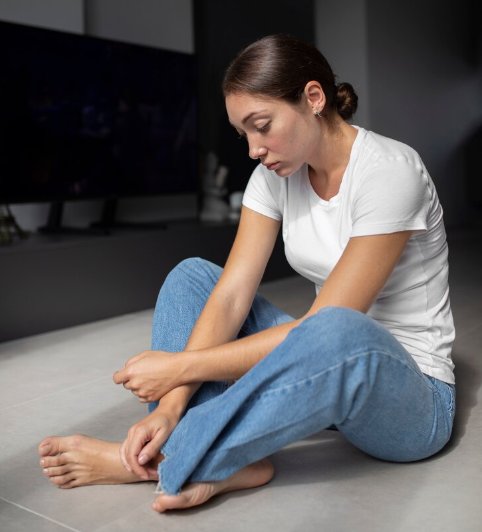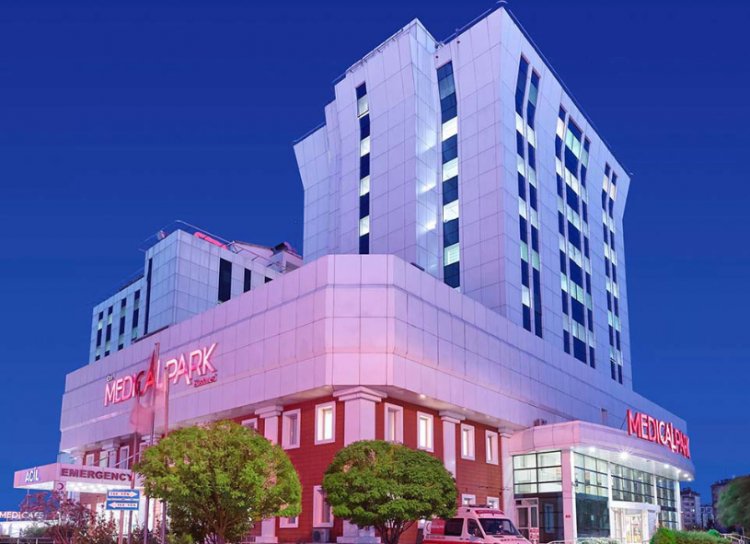Restless Leg Syndrome: Understanding Symptoms, Causes, and Treatment
Restless Leg Syndrome (RLS) is a neurological disorder characterized by an irresistible urge to move the legs, often accompanied by uncomfortable sensations. Also known as Willis-Ekbom Disease, RLS affects millions of people worldwide, impacting their quality of life and sleep patterns. In this article, we'll delve into the symptoms, causes, and treatment options for Restless Leg Syndrome.

Symptoms
Individuals experiencing Restless Leg Syndrome often describe uncomfortable sensations in their legs, such as tingling, itching, burning, or aching. These sensations typically occur when at rest, especially during the evening or nighttime, leading to an irresistible urge to move the legs. Moving the legs temporarily relieves these sensations, but they often return once the legs are at rest again, creating a cycle of discomfort and movement that can disrupt sleep.
Causes
The exact cause of Restless Leg Syndrome is not fully understood, but researchers believe it involves a combination of genetic, environmental, and physiological factors. Some potential causes and risk factors include:
- Genetics: RLS tends to run in families, suggesting a genetic component to the disorder.
- Dopamine Imbalance: Disruptions in dopamine levels or how the brain utilizes dopamine may contribute to RLS symptoms.
- Iron Deficiency: Low levels of iron in the brain may play a role in the development of RLS.
- Certain Medical Conditions: RLS can be associated with conditions such as peripheral neuropathy, kidney failure, diabetes, and Parkinson's disease.
- Medications: Some medications, including certain antidepressants, antipsychotics, and antihistamines, can exacerbate RLS symptoms or trigger them in susceptible individuals.
Treatment
Treatment for Restless Leg Syndrome focuses on relieving symptoms and improving sleep quality. Here are some common approaches:
- Lifestyle Changes: Regular exercise, avoiding caffeine and alcohol, establishing a regular sleep schedule, and practicing relaxation techniques can help alleviate RLS symptoms.
- Iron Supplementation: Iron supplementation may be recommended for individuals with low iron levels.
- Medications: Dopamine agonists, benzodiazepines, and anticonvulsants can help manage RLS symptoms.
- Alternative Therapies: Acupuncture, massage therapy, or dietary supplements like magnesium or vitamin D may provide relief for some individuals.
- Compression Therapy: Wearing compression stockings or applying pressure to the legs can reduce RLS symptoms.
Conclusion
Restless Leg Syndrome is a chronic neurological disorder that can significantly impact an individual's quality of life. While the exact cause remains unclear, various factors such as genetics, dopamine imbalance, and iron deficiency are believed to contribute to its development. Treatment options range from lifestyle changes and iron supplementation to medications and alternative therapies, with the goal of alleviating symptoms and improving sleep quality. If you or someone you know is experiencing symptoms of RLS, it's essential to consult with a healthcare professional for proper diagnosis and management.
Clinics in the United Kingdom
- National Hospital for Neurology and Neurosurgery - London
- Sleep Disorders Centre, Papworth Hospital - Cambridge
- Sleep Clinic, Manchester Royal Infirmary - Manchester
- Edinburgh Sleep Centre - Edinburgh
- Sleep Disorders Centre, King's College Hospital - London
Clinics in Turkey
- Istanbul University, Istanbul Faculty of Medicine - Istanbul
- Acıbadem University Atakent Hospital Sleep Disorders Center - Istanbul
- Dokuz Eylül University Hospital Sleep Disorders Center - İzmir
- Başkent University Ankara Hospital Sleep Disorders Center - Ankara
- Medical Park Gaziantep Hospital Sleep Disorders Center - Gaziantep

Discover Coupoly's exclusive Medical Concierge Service, connecting you with renowned doctors and clinics, alongside our complimentary Travel Concierge Service, linking you with top UK travel agencies.
Contact us now to learn more.
Get in Touch
What's Your Reaction?





















